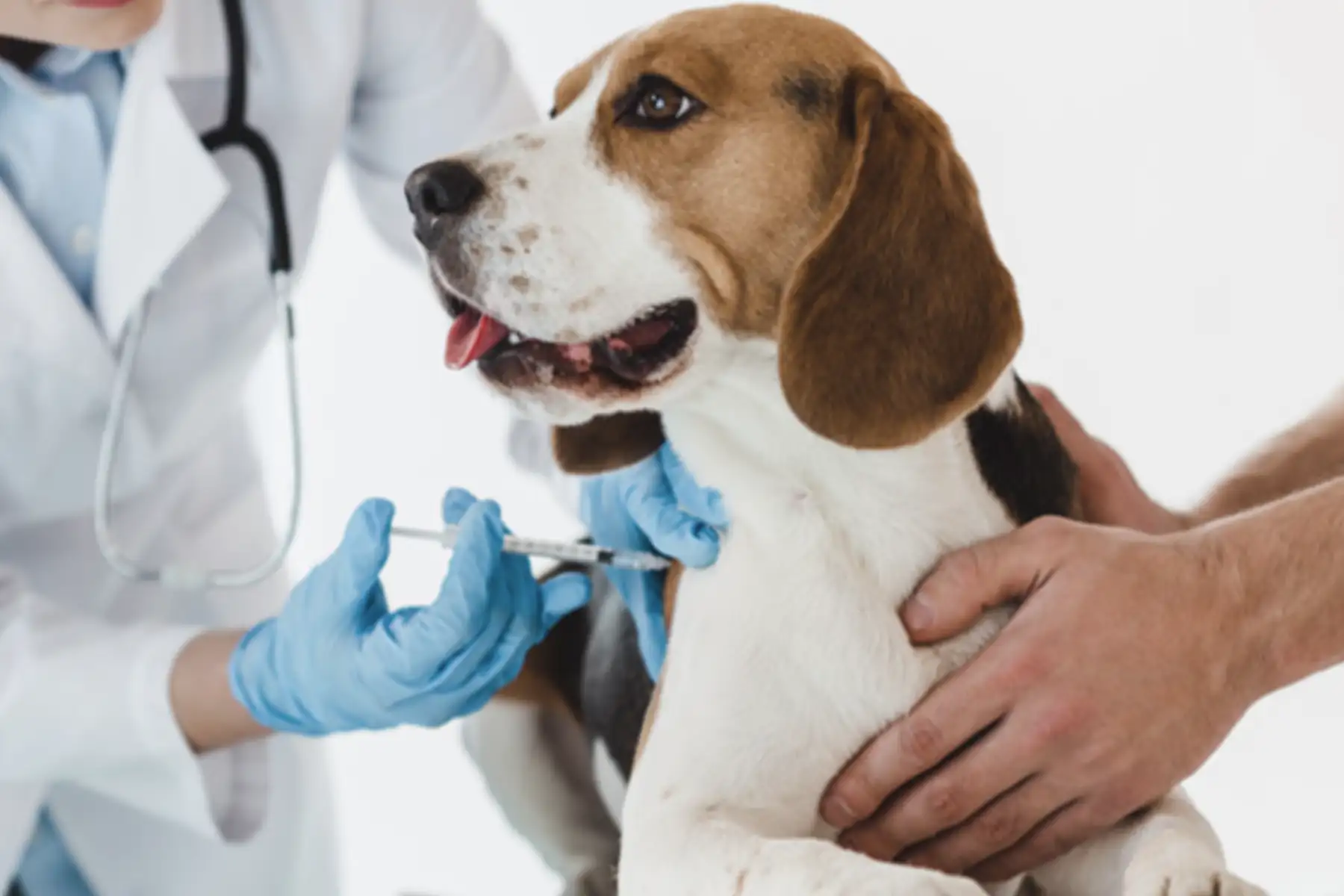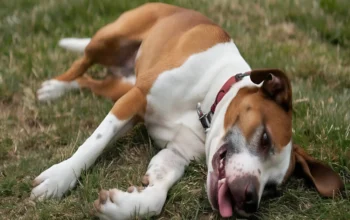Ever felt totally lost trying to figure out your puppy’s vaccination schedule? You’re not alone. For many new dog owners, understanding puppy vaccines feels like decoding a secret medical chart. It’s one of those things that sounds simple until you’re in it, then suddenly you’re asking, “Wait, which shot comes when?”
This guide is here to make it easy. We’ll walk you through a typical puppy vaccination schedule, explain what each vaccine does, and help you feel more confident about what your puppy needs (and when). Whether you just brought home your pup or you’re planning your first vet visit, let’s get you set up for success.
Table of Contents:
Why Puppy Vaccines Are So Important
Vaccinations aren’t just a checkmark on your to-do list. They’re one of the most important parts of new puppy care. Your puppy’s immune system is still developing, so vaccines play a key role in helping them build protection against serious diseases.
Without vaccines, puppies are vulnerable to illnesses like distemper, parvovirus, and rabies, all of which can spread quickly and be fatal. Vaccinating your dog also protects other animals, especially in places where dogs interact like dog parkss, pet stores, or daycare.
Core Puppy Vaccination Schedule (Typical Timeline)
This is the basic puppy shots schedule most veterinarians follow. The timeline may vary slightly depending on your dog’s breed, health condition, or your location.
1. 6 to 8 Weeks Old
Your puppy will receive the DAP vaccine
This vaccine protects against:
- Distemper
- Adenovirus (which causes hepatitis)
- Parvovirus
These are three of the most dangerous viruses for young dogs. The goal here is to start building early immunity.
2. 10 to 12 Weeks Old
Next comes the DHLPP vaccine, which builds on the first shot and covers:
- Distemper
- Hepatitis (Adenovirus)
- Leptospirosis
- Parainfluenza
- Parvovirus
Leptospirosis is a bacterial disease often found in contaminated water or soil, and parainfluenza is a respiratory virus. This combo vaccine gives broader protection.
3. 14 to 16 Weeks Old
Your puppy will receive a second round of DHLPP, along with their rabies vaccine
Rabies is a must-have vaccine, often required by law. It protects both your dog and the humans around them from one of the most serious viral threats.
Optional Puppy Vaccines Based on Lifestyle
Depending on your location and your dog’s future lifestyle, your vet may recommend additional vaccines. These aren’t always part of the standard puppy vaccination schedule, but they’re worth considering.
1. Bordetella
Recommended if your pup will spend time around other dogs (daycare, grooming, dog parks). It helps prevent kennel cough, which spreads easily in group settings.
2. Lyme Disease
If you live in an area where ticks are common or you plan to go hiking or camping, this vaccine can offer extra protection.
3. Leptospirosis (if not already included)
Some vets give this as a separate shot. It’s especially important in rural or farm areas where dogs might be exposed to infected water.
4. Canine Influenza
Also known as dog flu, this vaccine is suggested for dogs that travel often or are boarded frequently.
Adjusting the Schedule for Special Cases
While there’s a standardd schedule, not every puppy will follow it exactly. Your vet may need to adjust the timing or skip certain shots if your dog:
1. Has a weak immune system
Some puppies are born with immune challenges that make vaccination timing more delicate.
2. Is a senior rescue
If you’re adopting an older dog with an unknown medical history, your vet may recommend antibody testing or a different vaccine plan.
3. Has allergies or vaccine sensitivity
Some dogs have rare reactions and may require special consideration before giving multiple vaccines at once.
When to Call the Vet After Vaccination
Most puppies handle vaccines well. But it’s good to know when something might need attention.
1. Vomiting or diarrhea that doesn’t stop
Mild stomach upset can happen, but anything that lasts more than 24 hours should be checked.
2. Swollen face, lips, or eyes
These may be signs of an allergic reaction, and they need immediate care.
3. Labored breathing
This could be serious. If your dog is breathing fast or seems to struggle, contact your vet right away.
4. Unusual tiredness
Feeling a little sleepy after shots is normal, but if your puppy won’t eat, play, or move for more than a day, get help.
Tips for Staying on Track as a Pet Parent
Taking care of your puppy’s health doesn’t end after the vet visit. Here are some quick ways to stay on top of your pet parenting game.
1. Keep a vaccination record
Always ask for a copy of your pup’s vaccine history. You’ll need this for dog boarding, training classes, and travel.
2. Set calendar reminders
Some vaccines need booster shots later on. It’s easy to forget, so put them on your calendar in advance.
3. Avoid high-risk areas early
Until your puppy is fully vaccinated, steer clear of public dog parks and group activities. Their immunity takes time to develop.
Final Thoughts
Feeling better about the whole puppy vaccination schedule thing? It’s really all about timing, consistency, and knowing what to expect. The more informed you are, the easier it gets to make decisions that protect your furry friend.
Talk openly with your vet, don’t skip appointments, and trust your instincts. After all, your puppy is counting on you, and you’re already doing great by learning all this.






